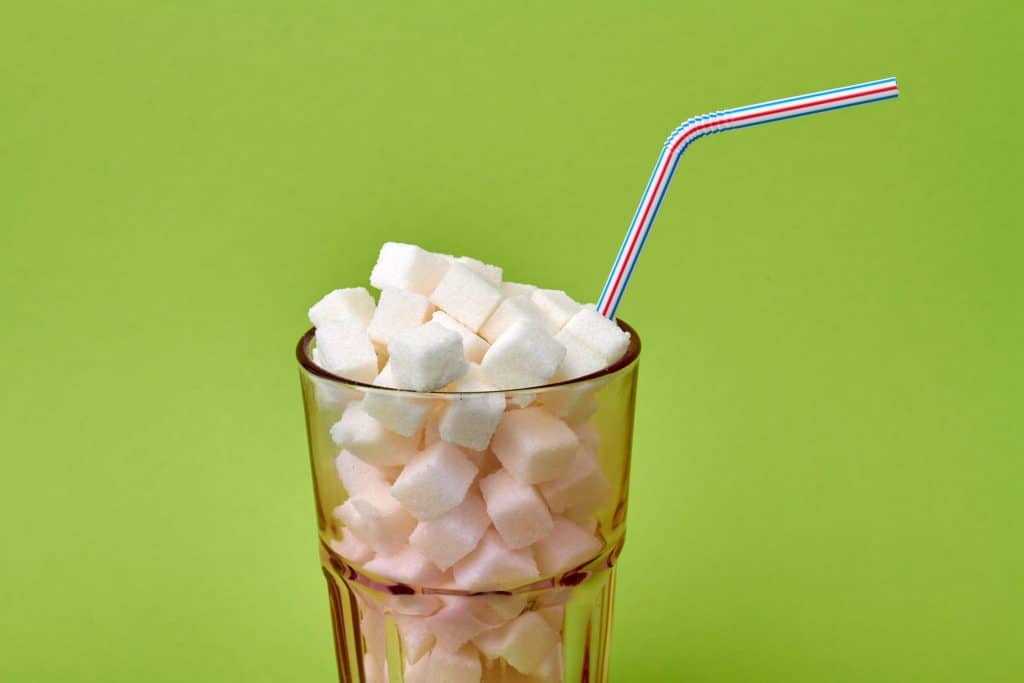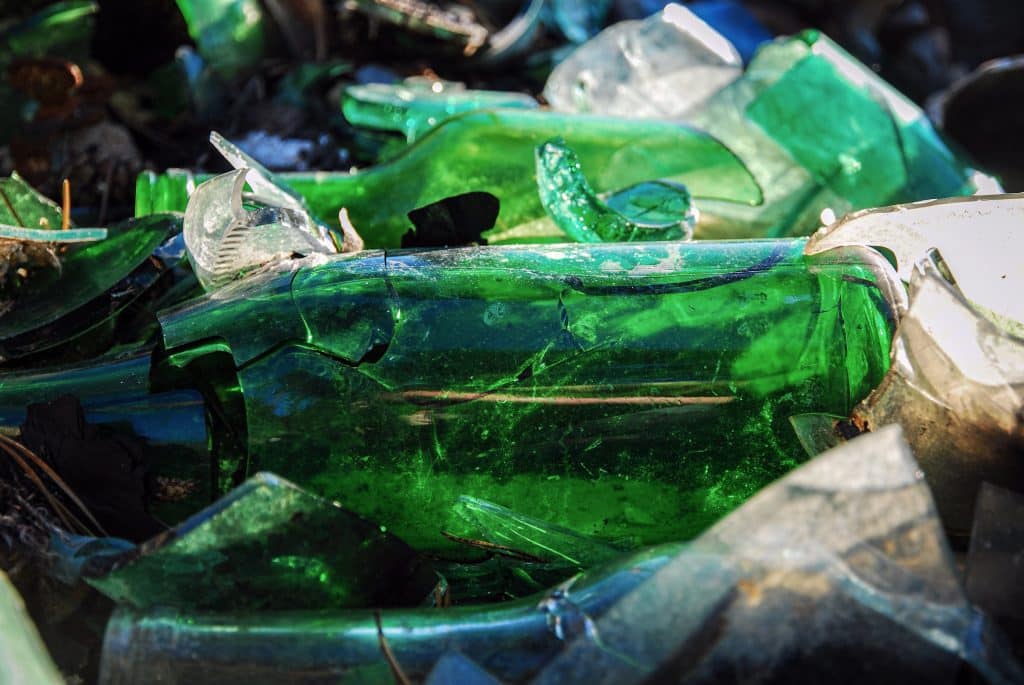Sipping a cold, fizzy soda on a hot day might feel like the ultimate refreshment. But have you ever paused to consider the impact of that carbonated beverage on your health? Carbonated drinks have become a staple in modern diets, often associated with good times and quick energy boosts. However, these bubbly concoctions carry a range of health risks that are too significant to ignore. This post aims to shed light on the hidden dangers lurking in your favorite can of soda. While the effervescence might tickle your taste buds momentarily, the long-term consequences could be far less pleasant.
Contents
Unveiling The Composition Of Carbonated Beverages

Carbonated drinks are beverages infused with carbon dioxide gas under pressure, giving them their characteristic fizz. They come in various forms, including sodas, sparkling waters, and energy drinks. But what really sets them apart is the combination of sugar, acid, and sometimes caffeine, which can have a detrimental effect on your health.
The popularity of these drinks has skyrocketed over the years, thanks in part to aggressive marketing campaigns. From Super Bowl commercials to celebrity endorsements, carbonated drinks are portrayed as the epitome of refreshment and coolness. But beneath the effervescent surface lies a cocktail of ingredients that should make any health-conscious individual think twice.
The Allure Of Fizz

There’s something undeniably captivating about the fizz and flavor of a carbonated drink. The sensation of bubbles tingling your tongue can be exhilarating. This isn’t just a matter of personal preference; it’s backed by science. The carbonation triggers receptors in your mouth, creating a unique sensory experience that many find irresistible.
But it’s not just the fizz that draws people in. Marketing plays a significant role in the allure of these beverages. Companies invest millions in advertising to portray their products as the go-to refreshment for every occasion. Whether it’s a family barbecue or a night out with friends, carbonated drinks are often front and center, making them hard to avoid.
Sugar Overload

One of the most alarming aspects of carbonated drinks is the staggering amount of sugar they contain. A single can of soda can have up to 10 teaspoons of sugar, far exceeding the daily recommended intake. This overload of sugar can lead to a host of health issues, including obesity, diabetes, and heart disease.
The sugar content isn’t just a concern for your waistline; it’s a ticking time bomb for your overall well-being. High sugar levels can cause spikes and crashes in your blood sugar, leading to mood swings and energy slumps. The more you consume, the more you risk falling into a vicious cycle of craving and consumption, making it increasingly difficult to opt for healthier alternatives.
Acid Erosion And Dental Health

When you take a sip of a carbonated drink, you’re not just consuming sugar; you’re also introducing acid into your mouth. The acidity levels in these beverages are high enough to erode tooth enamel, the protective layer on your teeth. Over time, this erosion can lead to cavities, tooth sensitivity, and even tooth loss.
The dental risks don’t stop at enamel erosion. Acidic environments in the mouth also promote the growth of bacteria that cause tooth decay and gum disease. Even if you opt for sugar-free carbonated beverages, the acidity alone can still wreak havoc on your dental health. Regular consumption can lead to frequent trips to the dentist and potentially costly treatments.
Impact On Bone Health

It’s not just your teeth that are at risk; your bones are also vulnerable when you consume carbonated drinks regularly. Many of these beverages contain phosphoric acid, a substance linked to lower bone density. When your body tries to neutralize this acid, it may leach calcium from your bones, weakening them over time.
The importance of maintaining strong bones cannot be overstated, especially as you age. Lower bone density increases the risk of fractures and can lead to osteoporosis. While calcium-rich foods and regular exercise can help maintain bone health, the negative impact of carbonated drinks can counteract these benefits, making it crucial to reconsider your beverage choices.
The Caffeine Factor

Many carbonated drinks, especially colas, and energy drinks, contain caffeine—a stimulant that can temporarily boost your energy and alertness. While a little caffeine may seem harmless, the amounts found in some carbonated beverages can exceed safe limits, leading to jitteriness, insomnia, and increased heart rate.
The health risks associated with excessive caffeine consumption are not to be taken lightly. Over time, you may develop a dependency, requiring more of the stimulant to achieve the same effects. This can lead to various health issues, including digestive problems, increased blood pressure, and even heart palpitations.
Hidden Chemicals And Additives

If you thought the concerns about carbonated drinks ended with sugar, acid, and caffeine, think again. Many of these beverages are also laced with a variety of artificial sweeteners, colors, and preservatives. These additives, often listed under complex chemical names, can pose their own set of health risks, including allergic reactions and potential links to certain types of cancer.
Regulatory agencies do set limits on the amounts of these additives, but the long-term effects of consuming them in combination are not fully understood. Furthermore, some of these chemicals can interact with other medications or pre-existing health conditions, adding another layer of risk. This makes it even more imperative to scrutinize the ingredient list the next time you’re tempted to grab a can off the shelf.
Environmentally Unfriendly

You might think the impact of carbonated drinks is limited to your body, but these beverages also take a toll on the environment. The production process is energy-intensive, contributing to greenhouse gas emissions. Moreover, the water used in manufacturing these drinks can strain local resources, especially in regions where water is scarce.
Then there’s the issue of packaging. Millions of plastic bottles and aluminum cans end up in landfills every year, contributing to pollution and waste. Even if you recycle, the energy required to process these materials is significant. In a world grappling with climate change and environmental degradation, the carbon footprint of your fizzy drink is another reason to reconsider your choices.
The Final Sip: Time To Rethink Your Drink
As you reach the end of this exploration into the world of carbonated drinks, it’s clear that the temporary pleasure they offer comes at a high cost—both to your health and the environment. From the sugar overload to the hidden chemicals, from the dental risks to the environmental impact, the drawbacks are too significant to ignore. It’s time to rethink your drink and make choices that not only benefit you but also the world around you. Cheers to a healthier, more sustainable future!


